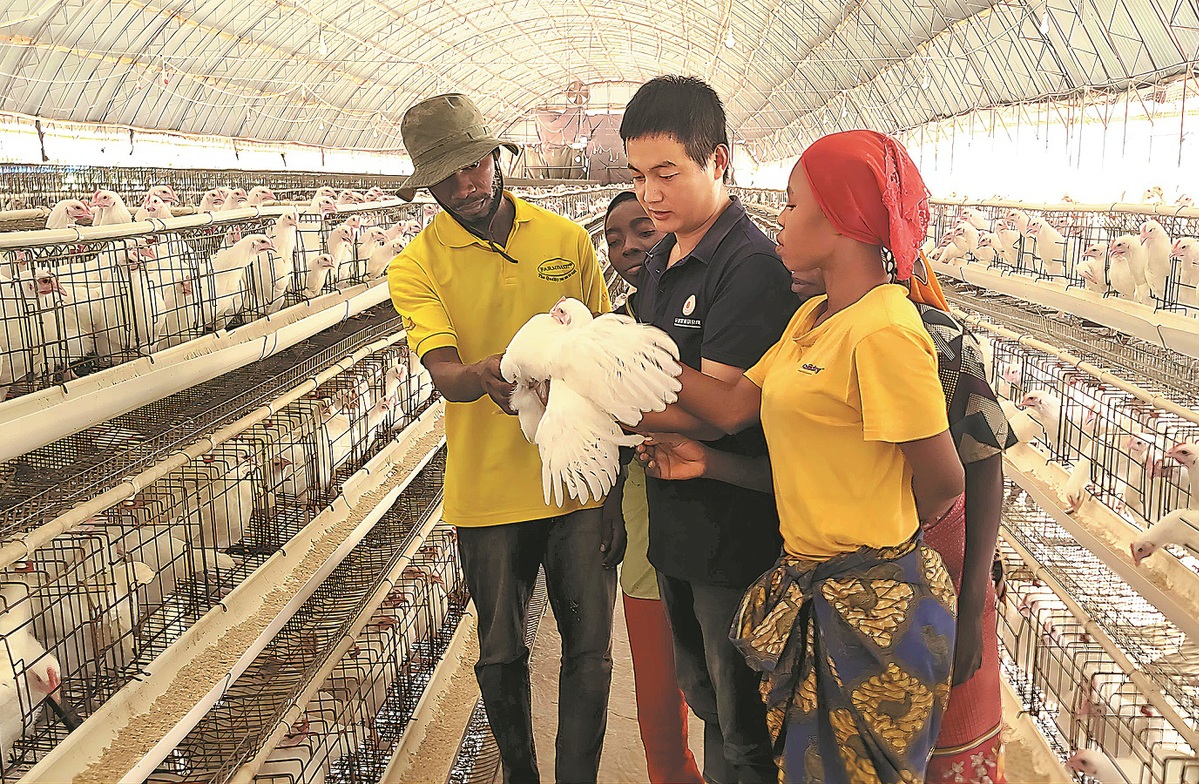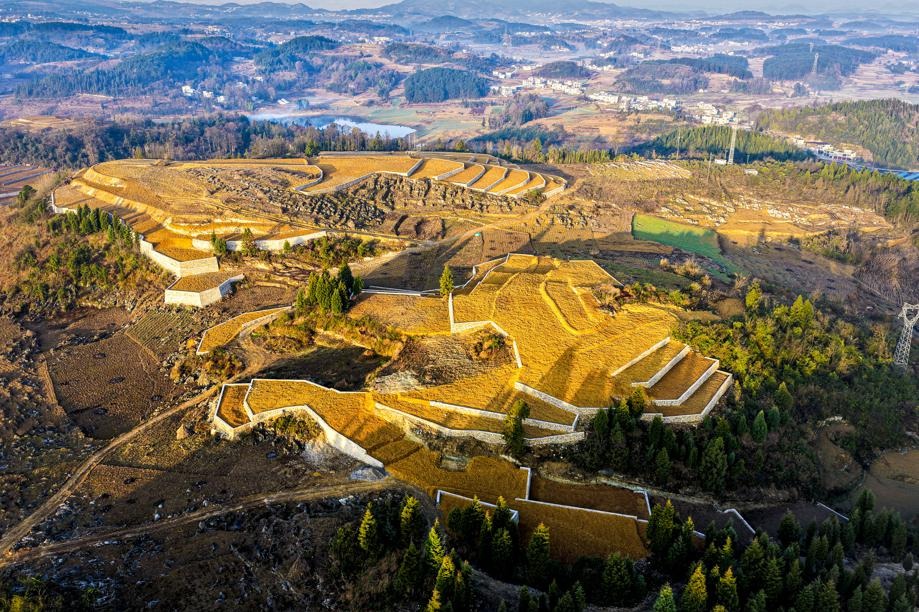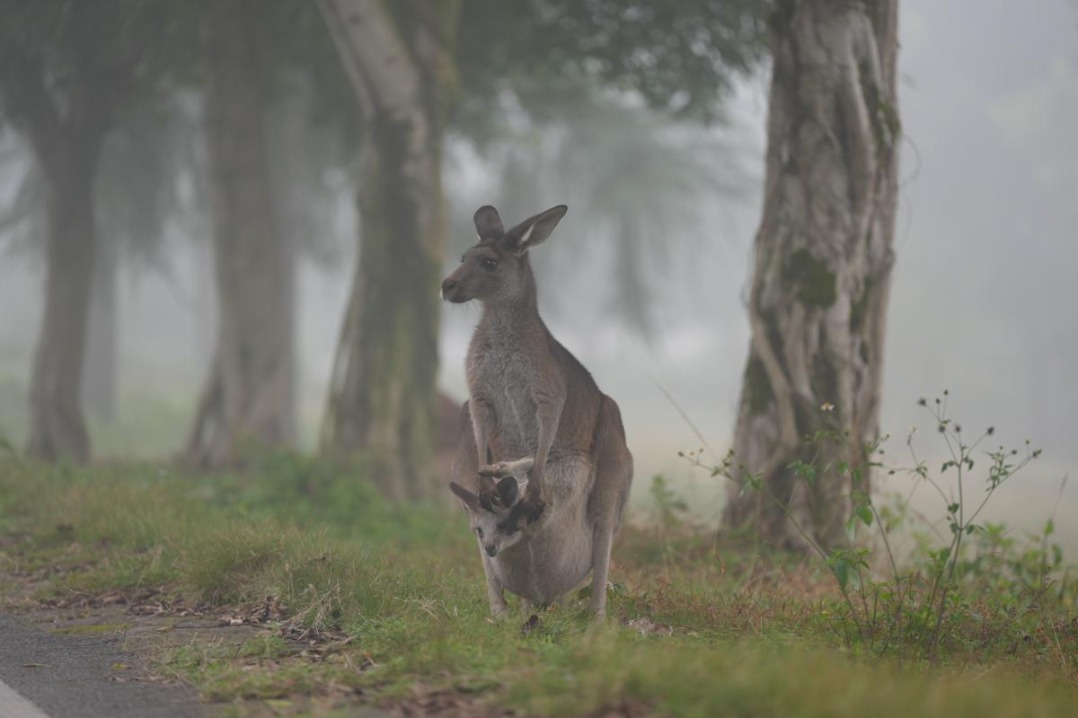China-Pakistan cooperation yields benefits for growers


Over the past decade, He said his institute has helped train more than 10 doctoral candidates from Pakistan. The wheat lab's director on the Pakistani side, Awais Rasheed, has been working with Chinese researchers for eight years.
The lab is also working on other varieties that suit local conditions in Pakistan, such as one that can thrive in the lower temperatures of the country's northern regions, He said. Heat-tolerant properties of the grain are also being researched to help ease the impact of rising global temperatures during summer.
He said that the lab — and the cross-border knowledge transfer it symbolizes — can help strengthen global food security against the backdrop of regional conflicts and climate change.
He and his colleagues have started similar exchanges with crop scientists in other countries, including Kazakhstan and Ethiopia, through means such as workshops and fellowships.
"Helping others, at the end of the day, is helping ourselves," he said. "About one-third of China's food products are imported, and helping other countries stabilize their food production helps stabilize global food prices and shield our countries from steep fluctuations."
China has signaled its willingness to expand agricultural exchanges and trade ties with its partners under the framework of the BRI to stabilize the global food supply and promote sustainable development.
While addressing a forum in Beijing last month, Vice-Minister of Agriculture and Rural Affairs Ma Youxiang said that over the past decade, China had forged partnerships with more than 90 countries and international organizations and inaugurated 650-plus investment projects worth $14 billion.




































